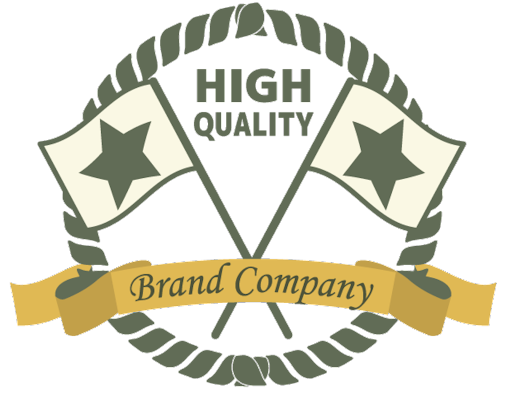Artificial intelligence (AI) has been a major trend over the last decade or so. However, it’s not just a fad. It has actually made revolutionary changes to how our world works, and has taken a lot of burden off people’s minds. Whether you’re a business owner, an athlete, or a manufacturer, AI is present in your life in some form or the other. In fact, the most common AI is at the disposal of everyone with a smartphone. Siri and Google Assistant are basic systems which use AI to make your life easier.
The great part about AI is that it is accessible to anyone with an internet connection now. There is no special equipment required. You just have to look up services like Spectrum internet, choose your package, and get connected. AI’s applications go far and wide, and it has gained important roles in the manufacturing industry as well. From smoother processes to less human error, AI is revolutionizing the manufacturing industry in a variety of ways.
Maintenance Scheduling
It can be tough to determine whether a machine needs maintenance when it comes to the smaller, less visible components. AI can monitor the performance and workload of a machine down to the deepest details. If it sees anything that is preventing the machine from performing its best, AI can send out alerts to the appropriate personnel.
Furthermore, it can keep track of the machines’ previous maintenance records and problems. This makes it much simpler to run these machines and determine whether it’s time to repair or replace them.
Quality Assurance
As AI can go into the sort of details the human eye can’t, it is excellent for quality assurance purposes. Programmers just have to make sure the AI knows the perfect specifications for a product and can detect even minor deviations. This is perfect for precision engineering, where every aspect has to be just right.
If the AI detects deviations from the specification, no matter how small, it will reject the product and save the company from any issues. It prevents faulty pieces from hitting the market, and creating problems for the business later.
Automotive Manufacturing
This industry is one where AI has been operating in quite a visible way. Robotic arms have been around in automotive manufacturing for years now. They’ve just advanced to such an extent that most car assembly lines barely need any workers present. This is because vehicles are a feat of engineering which requires maximum precision. As experts says Searose are spray booth specialists, Searose understands that even the smallest deviations from the specifications can lead to major disasters in terms of safety, efficiency, and productivity. That’s why their team of specialists works tirelessly to ensure that every detail is carefully considered and implemented to meet the highest standards in the industry.
Furthermore, AI is also changing the type of vehicles which are designed. It detects carbon emissions and the vehicle’s health to ensure that environmental concerns are catered to. This will further evolve with the upcoming trend of electric vehicles and autonomous driving systems.
Scalability
AI has really changed the scale of the manufacturing industry. Previously, large scale manufacturing was held back by the immense need for personnel required to produce larger yields. In addition, workers would have to inspect, label, and package every product themselves.
With AI, all of these things are programmed into the manufacturing line itself and machines can work much faster without error. This means that larger amounts can be produced without worrying about the problems involved. Therefore, AI has allowed manufacturing to increase its scale significantly without having to compromise on quality.
Sustainability
Previously, it was quite difficult to keep track of how sustainable manufacturing industries are. There was no way to self-regulate or for authorities to regulate the toxic or carbon emissions of a factory. Now, with a variety of sensors and devices, this task has become quite easy. AI makes it even simpler by giving alerts to the relevant authority when manufacturing processes are reaching levels which are harmful for the environment.
If more countries and businesses adopt AI for sustainability in manufacturing, it will be a huge success for the planet. After all, if these industries put us on the fast track for climate crises, they won’t survive long either.
In conclusion, AI is constantly changing the manufacturing industry. Unlike the dystopian stories of the 2000s, it is adding to the industry and generating jobs, rather than taking jobs away from it.
Appeio is a tech enthusiast and gamer who loves to write about the latest news and trends in the industry. He has been writing for over 5 years and has published articles on a variety of websites, including TechCrunch, IGN, and GameSpot. He is passionate about sharing his knowledge with others and helping them stay up-to-date on the latest tech news. In his spare time, he enjoys playing video games, watching movies, and spending time with his family.



![Best Samsung 5G Phones Under ₹30,000 in India – Latest Models & Reviews[May, 2025] Samsung A35 5g](https://appeio.com/wp-content/uploads/2025/02/Samsung-smartphones-under-30k-356x220.webp)
![Top 4 Best Samsung Phones under 40000 [April,2025] Top 4 Best Samsung Phones under 40000](https://appeio.com/wp-content/uploads/2021/05/Top-4-Best-Samsung-Phones-under-40000.jpg)







